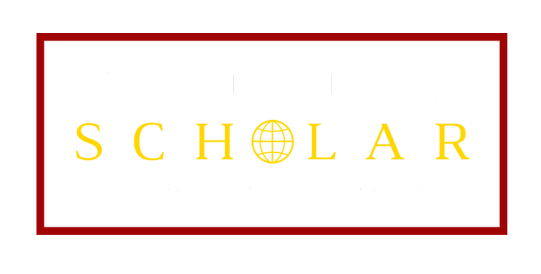Consumers of all types are becoming more brand conscious and concerned with the welfare of all life on earth. Thus, they want to do business with socially responsible companies. From the tumultuous carnage Wayfair endured after donating furniture to Trump’s immigration camps to Facebook’s ongoing battle for credibility around data security in the public domain, putting the bottom line first by any means necessary has become more of a liability than an asset for large companies. The strategy just isn’t working the same way anymore. Consumers need meaning. They need value. Corporate Social Responsibility can’t be a purely symbolic talking point; it needs to be ingrained in your company’s culture and messaging.
Sustainable branding and messaging
I once worked with a space startup that had a mission to make an impact on climate change along with a multitude of other global issues. Unfortunately, the brand kit merely contained keywords from U.N. Climate Change reports while the company’s culture was still the typical corporate atmosphere where seat warmers competed for credit on great ideas and who brought in the most money. The money was still the central motive, not the mission, which led the messaging to be lackluster.
The messaging presented a company looking to host a billion-dollar valuation with a CEO who aspired to be the next Jeff Bezos. Does this sound like a socially responsible brand? Does this focus reflect leadership focused on doing good in the world or an ambition to just talk about doing good to make a buck?
When I began working with the marketing and comms team for this company, I called out the need to connect the company’s work to delivering on the United Nations Sustainable Development Goals. The positioning was intended to take the company’s vision for space-based solutions to the next level by aligning the company’s mission and messaging with a cause and purpose bigger than itself — the collective action of the global governance apparatus leading the way on climate change and sustainable development.
The positioning was effective, yielded the company an invite to COP26, and a global governance relevant messaging strategy to move forward with. Next thing you know, the company pivoted from product-based promotions to hosting webinars on how its technology and corporate partnerships help solve humanity’s most sensitive issues including drug and human trafficking. Not only did the company’s message evolve into a narrative of real-time corporate social responsibility in action but the brand doubled its social media following and increased federal government contracting opportunities.
There’s money in holistic motive
Plenty of companies see CSR initiatives as PR opportunities to hopefully incentivize investments, productivity, and customer growth. However, the real value providers are companies that walk their talk – companies that focus their entire product development and work culture around a mission to make the world a better place. Seventh Generation is an impeccable example of holistic mission and company culture leading to success. According to the Forbes, the key ingredients to the success of Seventh Generation are purposeful leadership, implementation of sustainability benchmarks, and joining cultural conversations. These ingredients create one central result – a product line and company culture focused on sustainability and cleanliness. The company doesn’t just throw a few buzz words into a press release or company blog. Seventh Generation infuses sustainability and corporate social responsibility into the very fabric of the brand’s existence, driving the message to make itself.
I pair my clients’ brands with corresponding U.N. Sustainable Development Goals. From there, I cultivate messaging that illustrates how the brand delivers on targets and indicators, showing tangible results and progress on making the world more sustainable, equitable, and abundant. I’ve had success with implementing messaging that aligns company missions with good global governance, but messaging is only a reflection of a company’s internal makeup and modus operandi.
ESG (Environment, Social, and Governance) investing is gaining traction, and designing a holistic, sustainable business experience with aligned messaging has proven valuable in helping startups and old-time corporations alike attract meaningful investors and customers. For example, one of my clients is a contract manufacturing company for the beauty and cosmetics industry. Aligning this brand’s messaging with the UN SDGs has given the Founder/CEO confidence in her potential to earn a B-Corp certification, which is based on “balancing purpose and profit.” By taking the time to put the desire for profits to the side and place focus on building an organization driven by purpose, leaders can change the game of how business is done and cultivate a private sector that establishes authentic trust with target markets, setting the business up for inherent success.
Gimmicks have long overstayed their welcome. It’s time to get down to the good business of turning profits into purpose. When corporations focus on purpose and serving a higher calling, team members and consumers alike find a positive business experience they are more than happy to participate in and support.
Need help designing your purpose-driven business experience? Book your free consultation today and let’s create a new world together!

